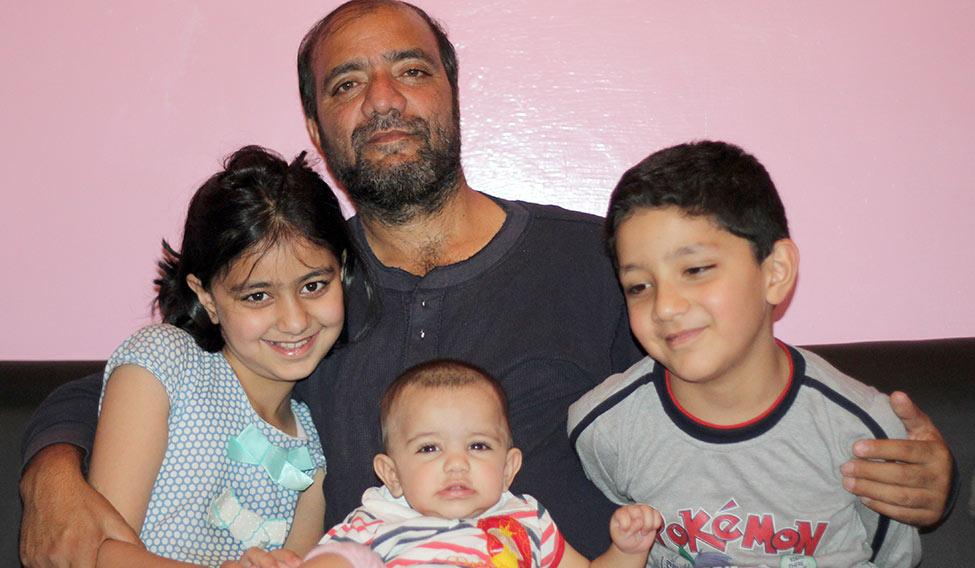Last week, I was returning home from office and I noticed that none of the lights in the neighbourhood were on. It was unusual because there have been no power cuts after the start of the curfew. Soon, I started smelling teargas, the daily dose that Kashmir gets when the CRPF withdraws in the evening. But this was different. I felt a burning sensation in my throat and lungs. Tears began streaming down my face. There were noxious fumes all over.
My house was only a few blocks away, but it seemed miles afar. This was no teargas, I realised, as I dragged myself to the safety of my home. I felt a little better after drinking some water. I could not find ammi, my old, ailing mother, in her room. So I pushed open the door of the bathroom and found her on the floor, struggling to breathe. As I tried to lift her up, she asked me to go and check on my kids. I ran upstairs and found Rehana, my wife, holding Amsal, my eight-month-old daughter. Both were struggling to breathe. Amsal looked as if she was losing consciousness. My eight-year-old twins, Daneen and Taaha, clung on to me.
Daneen couldn't stop coughing and vomited traces of blood. She felt better after having some water. I could not open the windows because the air outside was still full of fumes. Rehana rushed downstairs to help ammi. After half-an-hour, the situation improved. A neighbour, who was an electrician, repaired the transformer and the fans and lights started working.
That day, security forces had tested pelargonic acid vanillylamide (PAVA) shells filled with chilli grenades and they had switched off power before the test. I was very angry about what had happened, but felt helpless. This was unlike the 1990s. Then, as a student, I would often be on the streets with my neighbours for identification parades before security forces. During the parade, known as covert apprehension technique (CAT), an informer would often pick innocent men, who would be arrested. Many of them had ended up in unmarked graves. It terrified me so much that I would often tell my friends that if I was killed in such an operation, my body should be taken to the martyrs' graveyard.
Two decades later, little has changed. For the past two months, Kashmir has been under a security siege. I have been regularly going to hospitals to meet the injured. And, I have cried at home, alone. This is not me, I tell myself. After all, I have survived crossfires and massacres. But the past two months have been different. I have found myself traumatised by the siege and the raids by the troops, often for sadistic pleasure, like when they smash glass shields of cars and window panes of houses after chasing a bunch of protesters. Some of my relatives from outside the state have asked me to leave Kashmir. But like ammi says, “We will face it together. Allah will deliver us from darkness to light.”






